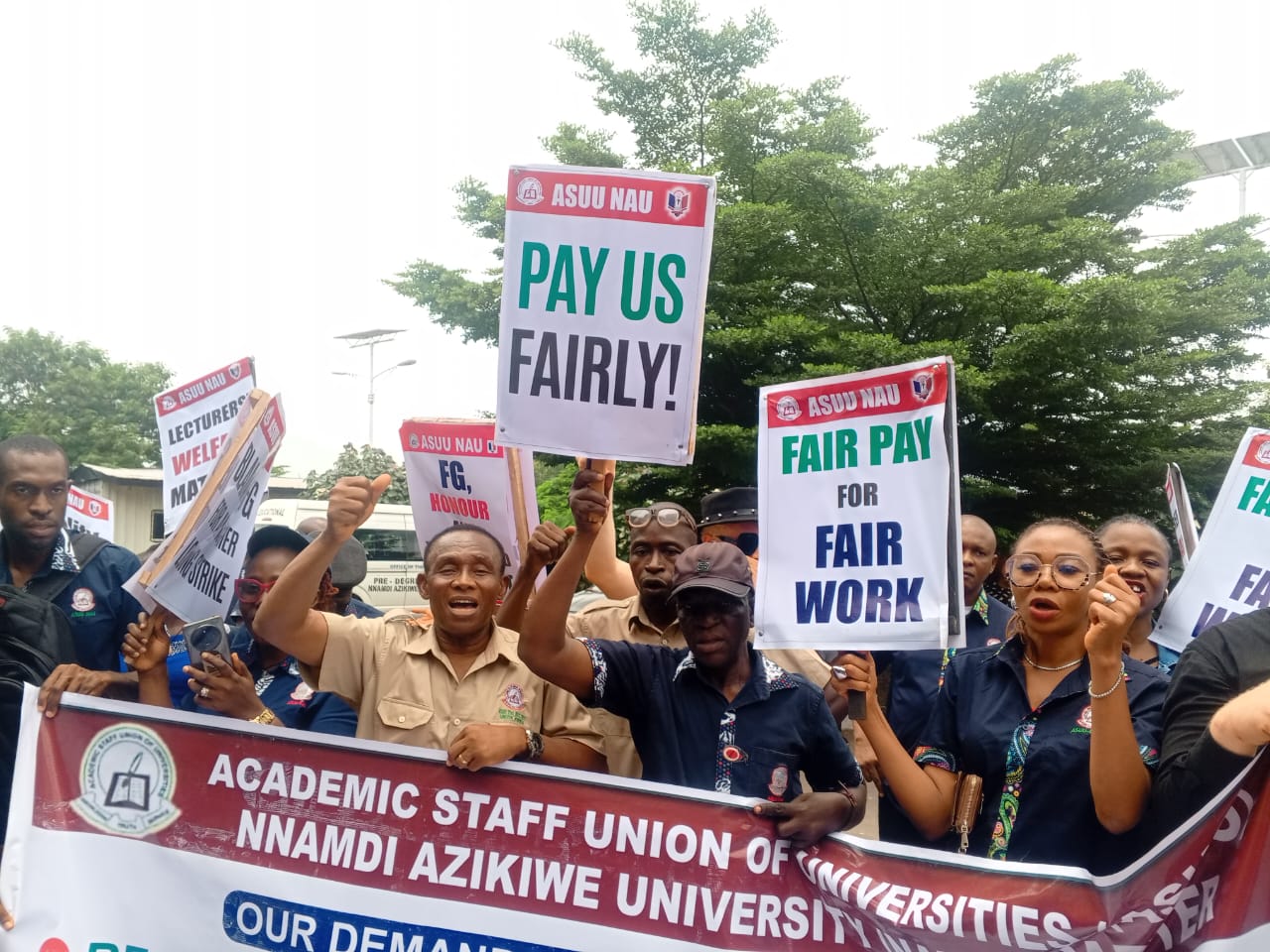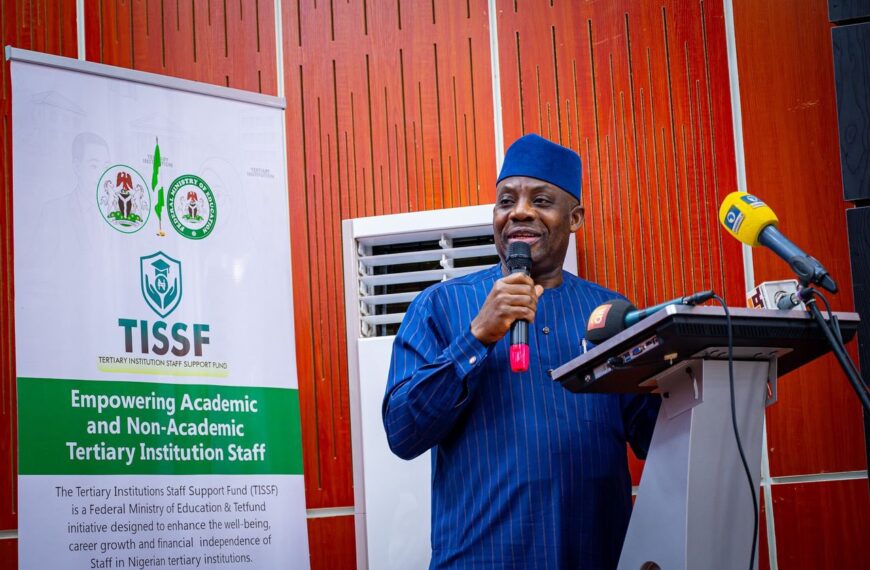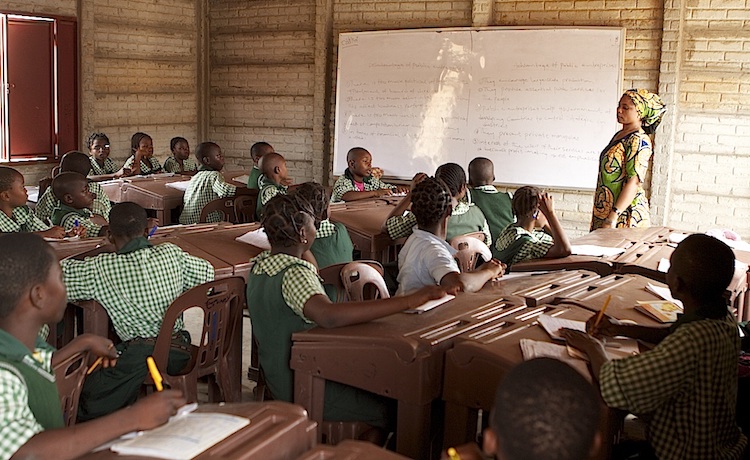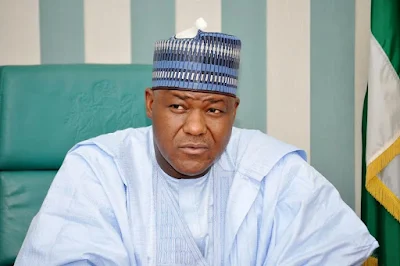In a bid to end the prolonged strike by the Academic Staff Union of Universities (ASUU), the House of Representatives has stepped in to mediate between the union and the Federal Government (FG), seeking a peaceful resolution to the impasse that has crippled academic activities in public universities across Nigeria.
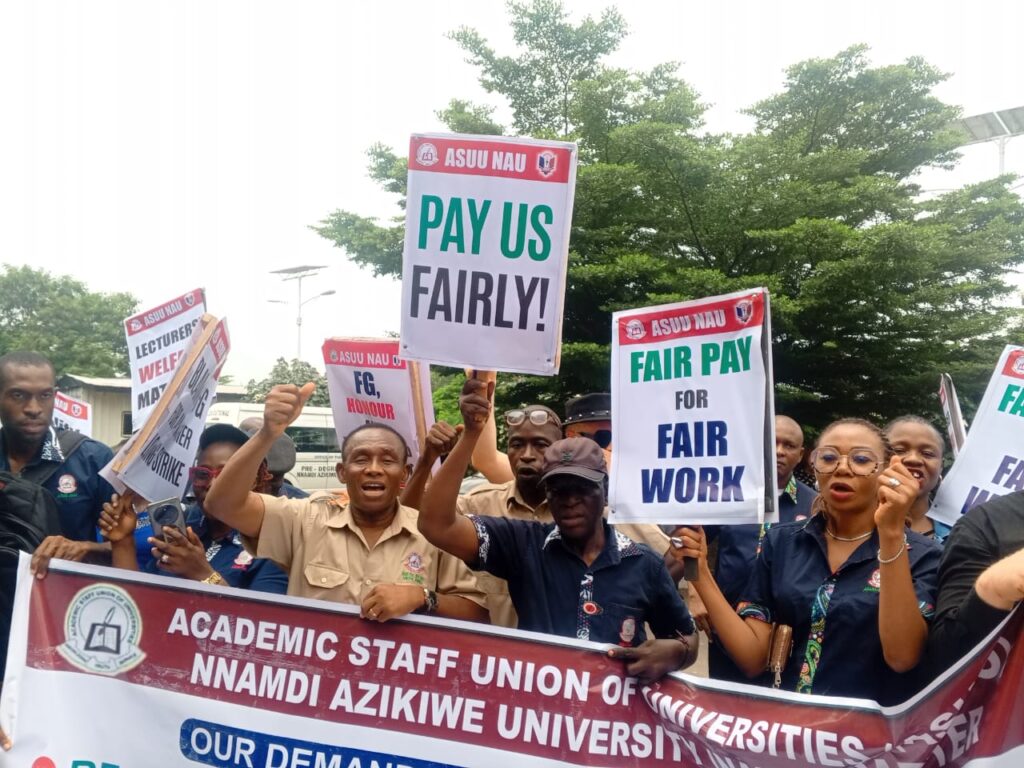
The strike, which began several weeks ago, was called by ASUU over unmet demands, including improved funding for universities, implementation of previously agreed Memoranda of Action (MoAs), payment of withheld salaries, and resistance to what the union describes as the government’s “unilateral imposition” of the Integrated Payroll and Personnel Information System (IPPIS).
Speaker of the House of Representatives, Rt. Hon. Abbas Tajudeen, expressed concern over the toll the strike is taking on students, parents, and the education system as a whole. “Education is the bedrock of any nation. We cannot continue to allow these recurrent strikes to undermine the future of our youths,” he said during a session at the National Assembly on Monday.
In a show of legislative intervention, the House has set up a high-powered ad hoc committee to meet with representatives of both ASUU and the Ministry of Education. The committee, chaired by Hon. Julius Ihonvbere, has been mandated to facilitate open dialogue and propose sustainable solutions to prevent future breakdowns in negotiations.
So far, initial consultations have been held behind closed doors. Sources within the House revealed that lawmakers are urging the Federal Government to reconsider its stance on salary arrears and renegotiate timelines for meeting ASUU’s infrastructural and funding demands. Meanwhile, ASUU leadership has reiterated its openness to dialogue, provided the government demonstrates “genuine commitment” to addressing the union’s concerns.
“We are not on strike for selfish reasons,” said Prof. Emmanuel Osodeke, ASUU National President. “This is about revitalizing Nigeria’s public universities and ensuring we stop the decay in our education system.”
The latest strike has left over 1.5 million students stranded, with lectures suspended in most federal universities. Many students have expressed frustration over the repeated disruptions to their academic calendar, calling on the government to prioritize education.
Civil society organizations and education stakeholders have also lauded the House of Representatives for stepping in, emphasizing that a legislative approach might offer a more balanced and transparent resolution path.
As discussions continue, Nigerians are hopeful that the lawmakers’ intervention will not only bring an end to the current strike but also establish a long-term framework for resolving future disputes between ASUU and the government.
Whether this move by the Reps will yield lasting results remains to be seen, but for now, the nation watches closely, as the future of its university students hangs in the balance.

